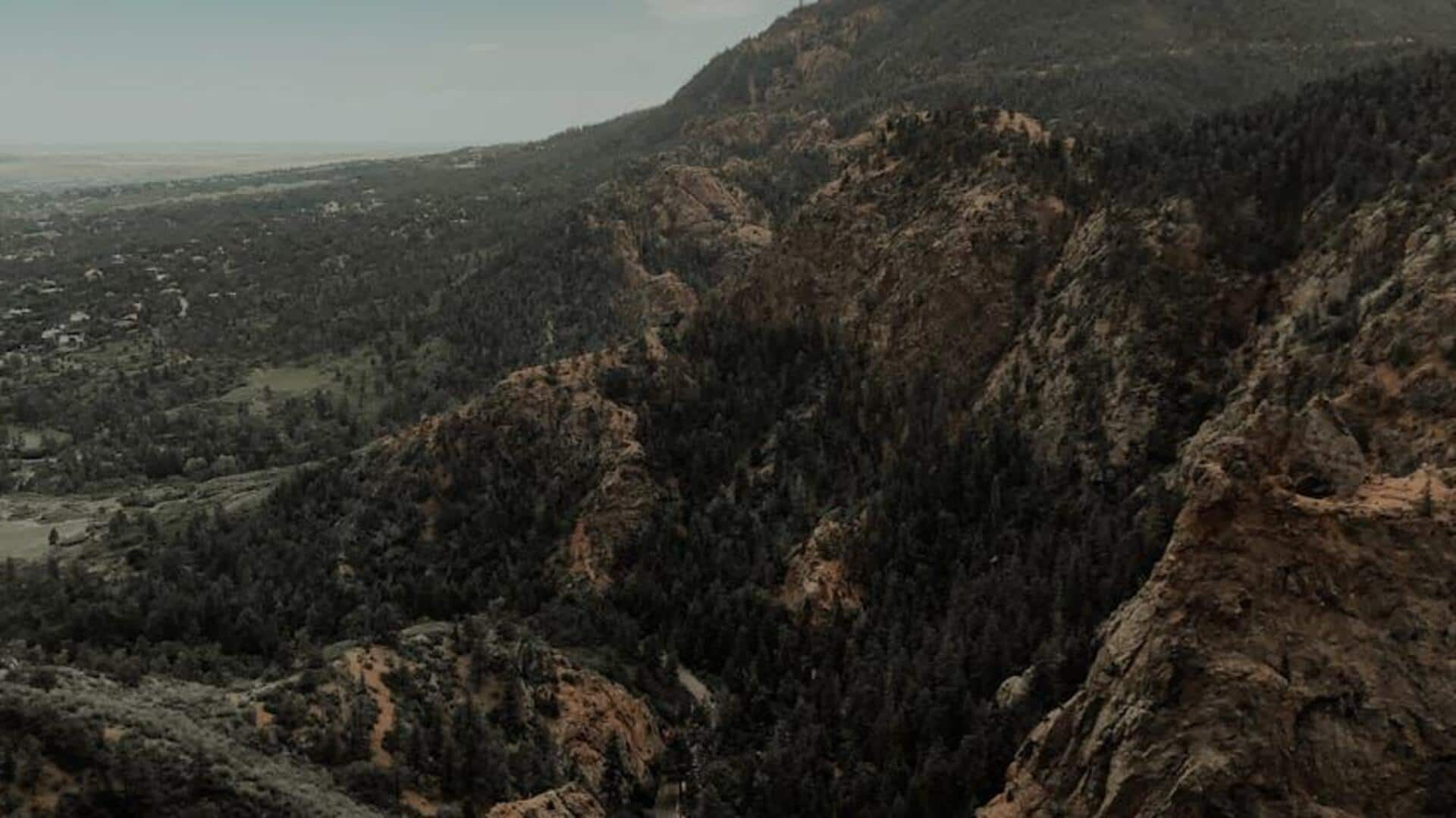Ultimate backpacking checklist for Colorado Rockies
What's the story
The Rocky Mountains in Colorado offer some of the most breathtaking landscapes in the United States, making it a top destination for outdoor enthusiasts.
From towering peaks to serene lakes, this area is perfect for both short hikes and extended backpacking trips.
Being well-prepared is crucial to fully experiencing the beauty and diversity of the Rockies.
Backpack selection
Choose the right backpack
Choosing the right backpack is essential for your trail comfort and convenience.
Opt for one with adjustable straps, sufficient storage space, and an integrated rain cover.
A well-designed backpack will distribute weight evenly across your shoulders and back, minimizing strain.
For extended treks lasting several days, a backpack with a capacity between 50 and 70 liters is advisable.
Clothing
Pack weather-appropriate clothing
The Rockies' weather can shift unexpectedly, leading to sudden temperature drops and rain.
Employing a layering strategy is wise. Start with moisture-wicking base layers, add insulating mid-layers, and top with a waterproof outer layer.
Remember to pack a hat and gloves; even during summer, the higher elevations can be quite cool.
This approach ensures comfort across varying conditions.
Hydration & nutrition
Stay hydrated and energized
Ensuring access to clean drinking water is crucial, so bring lightweight water filters or purification tablets. These are vital for refilling from natural sources safely.
For sustenance, pack high-energy snacks such as nuts, dried fruits, and granola bars.
For longer excursions, dehydrated meals are ideal since they're lightweight and only require the addition of boiling water to prepare.
Navigation tools
Navigate with confidence
Many trails in the Rockies are well-marked, but navigation tools are essential to prevent getting lost.
You should carry a detailed map of the area and a compass. Additionally, a GPS device or offline maps downloaded on your smartphone can serve as an extra precaution.
These tools are crucial for safe exploration in this vast wilderness.
Safety gear
Emergency preparedness is key
No matter your experience or familiarity with the trail, it's vital to carry emergency gear.
This includes a first aid kit for treating common outdoor injuries like cuts and sprains, an emergency shelter such as a lightweight tent or bivy sack, fire-starting materials, and an emergency whistle.
These items are essential for safety while enjoying the natural beauty of Colorado's Rocky Mountains.
